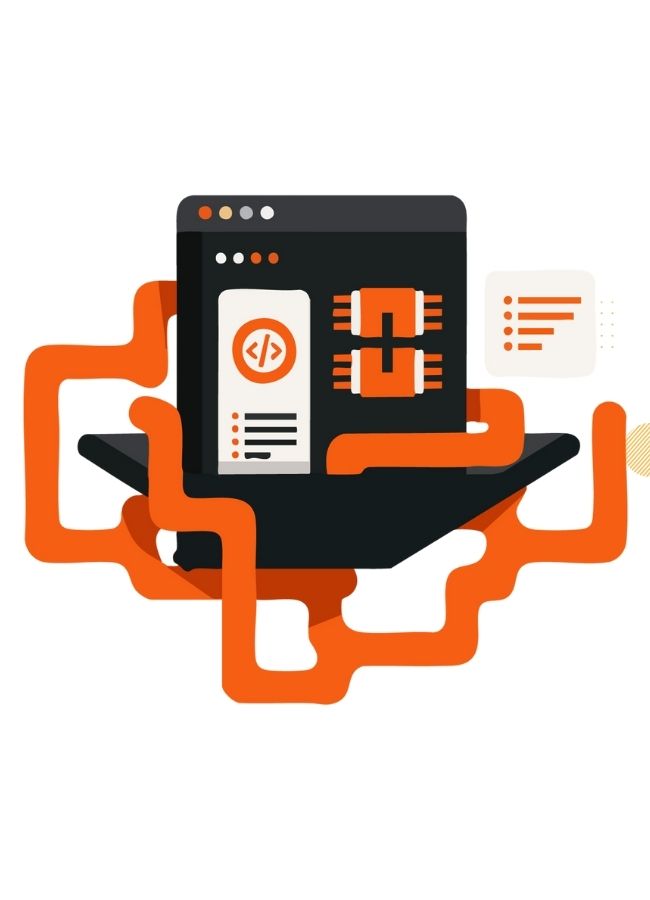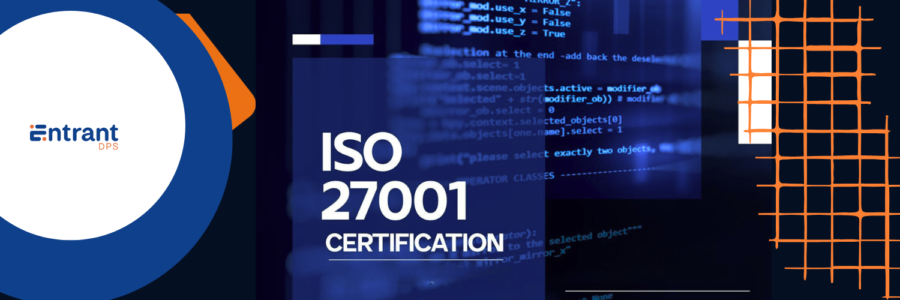Navigating the Information Security Landscape: A Guide to ISO 27001, 27017, and 27018
ISO27001 is the cornerstone of an organization’s information security management system (ISMS). In an era defined by digital transformation and escalating cyber threats, the need for a structured, internationally recognized framework to protect sensitive information has never been more critical. While many business leaders have heard of ISO standards, the specific value and distinctions between certifications like ISO 27001, ISO 27017, and ISO 27018 can be unclear. This article will demystify these pivotal certifications, explaining their unique focuses and the tangible value they bring to organizations navigating the complexities of modern data security.
The Foundation: Understanding ISO 27001
Before diving into the cloud-specific standards, it’s essential to grasp the bedrock upon which they are built.
What is ISO 27001?
ISO 27001 is the international standard that provides the framework for establishing, implementing, maintaining, and continually improving an Information Security Management System (ISMS). An ISMS is a systematic approach to managing sensitive company information so that it remains secure. It encompasses people, processes, and IT systems, applying a risk management process to ensure comprehensive protection.
The Value of ISO 27001 Certification
Achieving ISO 27001 certification is not merely about ticking boxes; it delivers profound business value. It demonstrates to clients, partners, and regulators that you take information security seriously, significantly enhancing your organization’s credibility and competitive edge. It helps you comply with increasing legal and contractual data protection requirements, such as GDPR, and reduces the risk of costly data breaches. Furthermore, by systematically identifying and mitigating risks, it fosters a culture of security within the organization, leading to improved operational efficiency and resilience.
Securing the Cloud: The Role of ISO 27017
As businesses migrate to the cloud, the security dynamics change. ISO 27017 was developed to address this new frontier.
What is ISO 27017?
ISO 27017 provides code of practice for information security controls based on ISO 27002, offering specific guidance for cloud services. It is designed for both cloud service providers (CSPs) and cloud service customers (CSCs). This standard addresses the shared responsibility model of cloud computing, clarifying which security controls are the responsibility of the provider and which fall to the customer.
The Value of ISO 27017 Certification
For a cloud service provider, certification under ISO 27017 is a powerful market differentiator. It signals to potential customers that the provider’s security practices are robust, internationally recognized, and specifically tailored to the unique challenges of the cloud environment. For customers, using an ISO 27017-certified provider offers greater assurance and a clearer understanding of their own security responsibilities. This shared clarity reduces ambiguities, mitigates risks associated with cloud adoption, and simplifies the due diligence process during procurement.
Protecting Privacy in the Cloud: A Deep Dive into ISO 27018
While ISO 27017 covers general cloud security, ISO 27018 focuses on a particularly sensitive aspect: the protection of personal data.
What is ISO 27018?
ISO 27018 is the first international standard focused on protecting personally identifiable information (PII) in public clouds. It establishes commonly accepted control objectives, controls, and guidelines for implementing measures to protect PI. Essentially, it builds upon the principles of ISO 27002 and provides specific guidance for acting as a PII processor in a cloud computing environment.
The Value of ISO 27018 Certification
In a world increasingly concerned with data privacy, ISO 27018 certification is a testament to an organization’s commitment to protecting user data. For cloud providers, it demonstrates compliance with strict privacy principles, assuring customers that their PII will not be used for unauthorized purposes, such as advertising, without explicit consent. It also provides transparency regarding the location of data and the return, transfer, and disposal of PII. For enterprises in regulated industries like healthcare or finance, partnering with an ISO 27018-certified provider is often a prerequisite for ensuring their own compliance with privacy laws like GDPR or CCPA.
A Cohesive Security Strategy: How the Standards Work Together
It is crucial to understand that these standards are not mutually exclusive; they form a powerful, layered defense. An organization can be certified to all three, creating a comprehensive security and privacy posture.
- ISO 27001 provides the foundational management system.
- ISO 27017 adds the cloud-specific security controls on top of that foundation.
- ISO 27018 then layers on the specialized controls for protecting personal data within that cloud environment.
This integrated approach ensures that an organization’s information security is holistic, covering general data protection, the specifics of cloud infrastructure, and the critical nuances of personal privacy.
Conclusion: Beyond Compliance to Competitive Advantage
Ultimately, pursuing certifications like ISO 27001, 27017, and 27018 is an investment that extends far beyond mere compliance. It is a strategic decision that builds trust, mitigates risk, and unlocks new business opportunities. In a digital economy where data is the most valuable asset, being able to prove your commitment to its security and privacy is not just a best practice—it is a fundamental component of sustainable success. Whether you are building your own security framework or selecting a technology partner, understanding the value of these certifications is the first step toward a more secure and resilient future.







